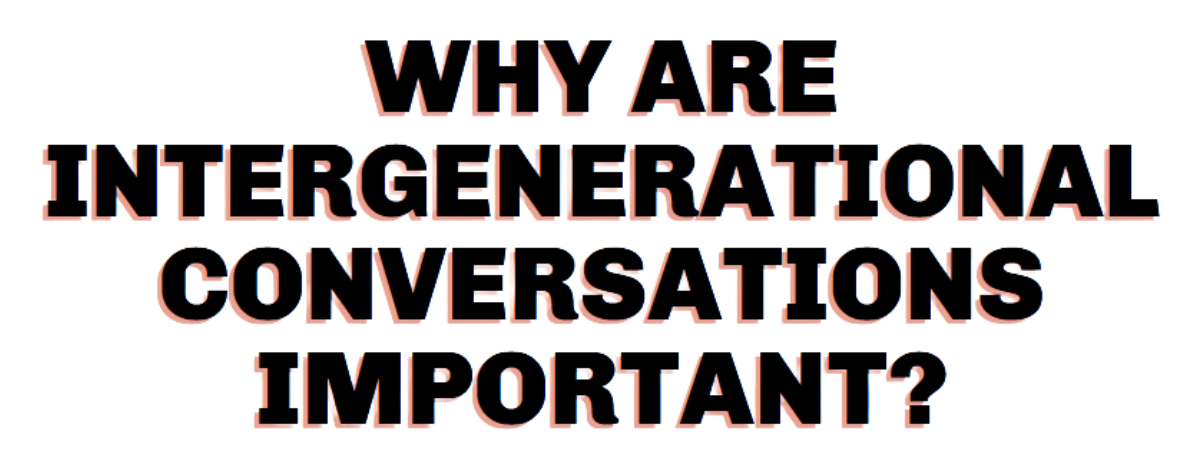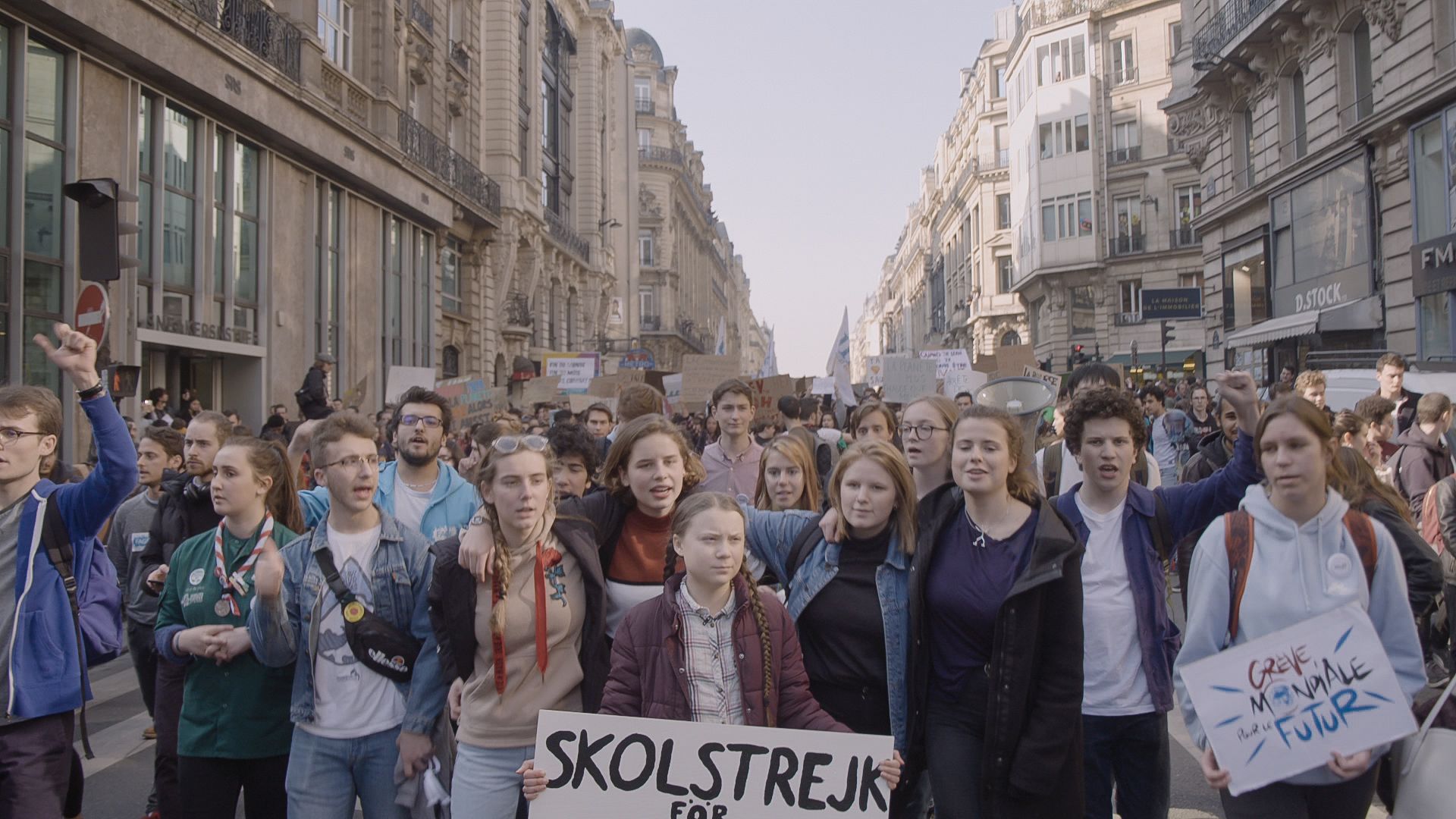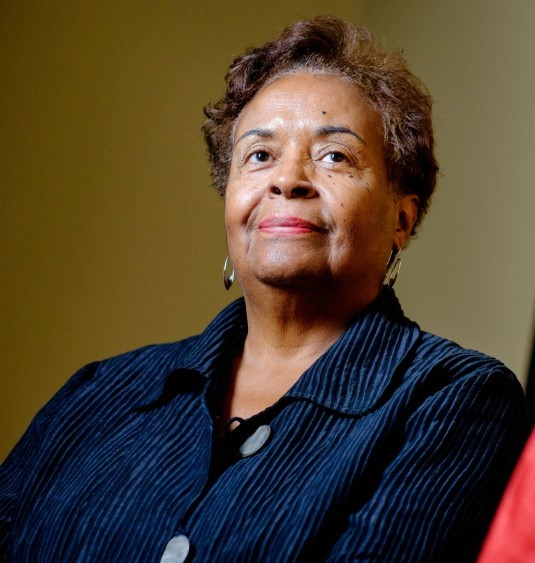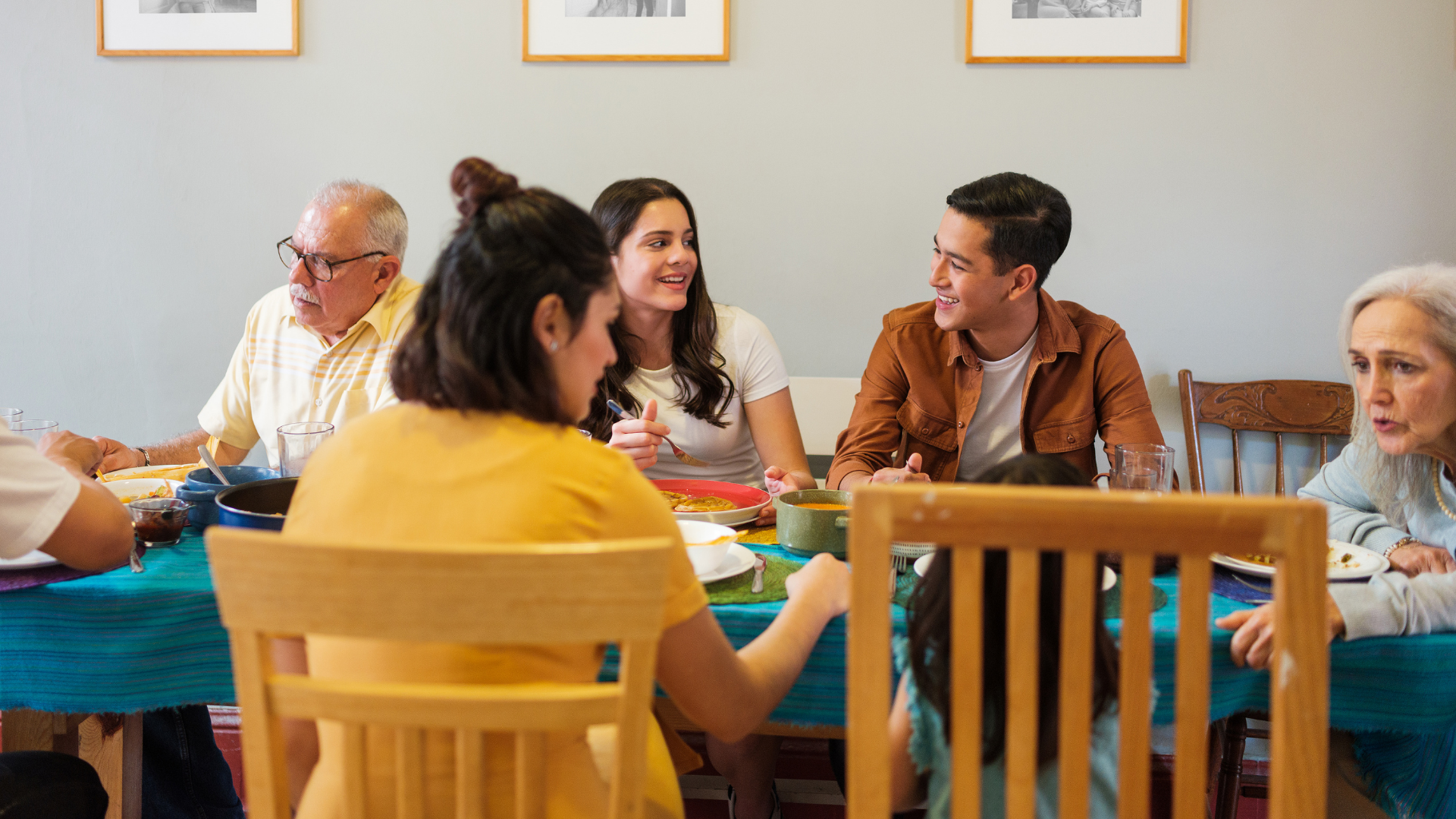
Regardless of the topic an intergenerational exchange might be covering, there are many reasons why multigenerational discussions can be impactful. Here are a few:

Younger generations have historically propelled social change movements and served as a powerful voice in demanding justice. However, older generations are more likely to turn out to vote, making their voices heard electorally.
Younger generations tend to change their political views as they grow older. For instance, during the Civil Rights Movement in the 1960s, teenagers and young adults turned to direct action and radical joy to change the status quo[1]. Nowadays, they represent the most active voting block in the United States but also are among the least likely to support climate action.


Many Gen Z and Millennials prioritize progressive social justice values and see increased diversity as beneficial for society [2]. Within climate justice, younger advocates highlight the importance of intersectionality and global equity. Similarly, Gen X, Boomers and the Silent generations also pushed for social change on their beliefs and practices when they were younger.
Nearly half of post-millennial citizens are non-white and/or from the global majorities compared to the less than one fifth identifying as BIPOC in the late 1960s [3].

“The Movement was the most exciting thing that one could engage in (…) There was no more exciting time to have been born at… I remember Uncle Archie, who was in World War I, went to France, and he always told us, ‘Your generation is going to change things’.”
– JOYCE LADNER, Civil Rights Movement Activist [4] (Said with 67 years)

Older activists or professionals tend to have more experience in understanding and managing complex institutional systems. They might be in a position where they can offer mentorship, financial resources, or relationship advice. On the contrary, younger people need more monetary, legislative, and/or institutional support to elicit change within entrenched systems.
How can we leverage intergenerational dialogues to equip organizations and individuals with greater access to free resources and mutual aid systems?

It’s crucial that younger generations within a family encourage their parents and grandparents to act with greater urgency on climate. An important framing device for this might be to get personal, show how these issues will affect youngsters’ lives as well as future generations.
According to a study on Voter Turnout by the University of Cambridge, parents’ political orientation and their political engagements during their childs’ years, are among the strongest indicators to predict a person’s voting habits later in life [5]. The opposite phenomenon, children changing their (grand)parents’ votes, is much harder to achieve but data shows how important peer pressure can be in determining someone’s voting patterns. For instance, according to a NPR/Ipsos survey, nonvoters reported only 31% of their friends voted, compared to citizens who voted along 83% of their friends [6].

Ready to have these conversations?
________________________
[1] “Youth in the Civil Rights Movement”. Civil Rights History Project from the Library of Congress
[2] Pew Research Study “Generation Z Looks a Lot Like Millennials on Key Social and Political Issues”
[3] Pew Research Center: A demographic portrait of today’s 6- to 21-year-olds (November 15, 2018)
[4] Joyce Ladner, Oral Interview Compiled by Library of Congress in Washington, D.C., 2011 September 20.
[5] Columbia Press University: “Voter Turnout and the Dynamics of Electoral Competition in Established Democracies since 1945”
[6] Medill School of Journalism/Ipsos Poll: Non-Voters in 2020 U.S. Election by Ipsos. Published by NPR


